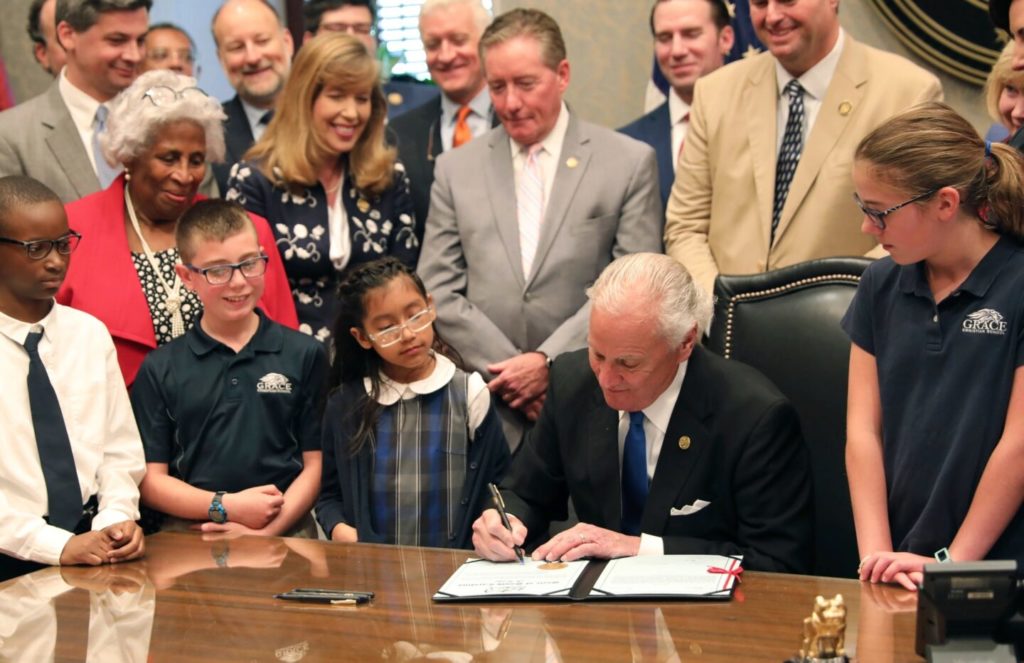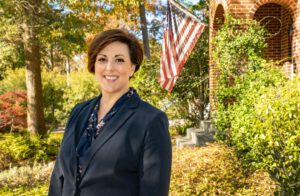South Carolina’s new school choice program is constitutional and good for students, says policy expert
Opponents of school choice are already suing South Carolina’s new program, claiming it’s unconstitutional, but experts don’t think the legal arguments pass muster.
The South Carolina…

Opponents of school choice are already suing South Carolina’s new program, claiming it’s unconstitutional, but experts don’t think the legal arguments pass muster.
The South Carolina Education Scholarship Trust Fund was enacted earlier this year to serve low and middle-income students with scholarships worth up to $6,000.
While families can use the money for private school tuition, they have lots of other choices too.
“[The funds] can cover things like therapies for special needs students, computers, tutoring completely outside of private school, and even transportation to reach new schools,” Bryce Fiedler, senior policy analyst for South Carolina Policy Council, told The Lion.
“I think the fact that there are so many different options for parents and that it is ultimately the parents deciding where that money goes really hurts the legal argument that the people challenging this [program] are making,” Fiedler added.
The lawsuit was filed on Oct. 26 by the state teachers’ union and NAACP conference. It claims school choice violates Article XI Section 4 of the South Carolina Constitution, which states:
“No money shall be paid from public funds nor shall the credit of the State or any of its political subdivisions be used for the direct benefit of any religious or other private educational institution” (emphasis added).
However, Fiedler frames it differently, explaining that private schools are not the direct beneficiaries of the program.
“We [wouldn’t] deny that private schools are a part of the equation, but what we would say is the direct beneficiaries of this program are the students themselves,” he told The Lion. “The person determining where that money goes is not the state. The state is basically setting this money aside and is giving parents the power to determine where that goes.”
Gov. Henry McMaster makes a similar case.
“This money is going to the families and to the parents, not to the schools,” he told reporters. “One size never fits all, so we have to allow people, allow parents to do what is best for their children.”
Recent state test scores reveal the dire need for an improved education system.
Just over half of the state’s elementary and middle school students read at grade level. Less than a third of middle schoolers are proficient in math.
“This is a perfect time and a perfect fit to offer new opportunities for students – particularly those of low and middle-income – and to find a new learning environment that’s more suited to their needs,” Fiedler said.
A poll from South Carolina Policy Council found that school choice had broad and bipartisan support from voters earlier this year.



